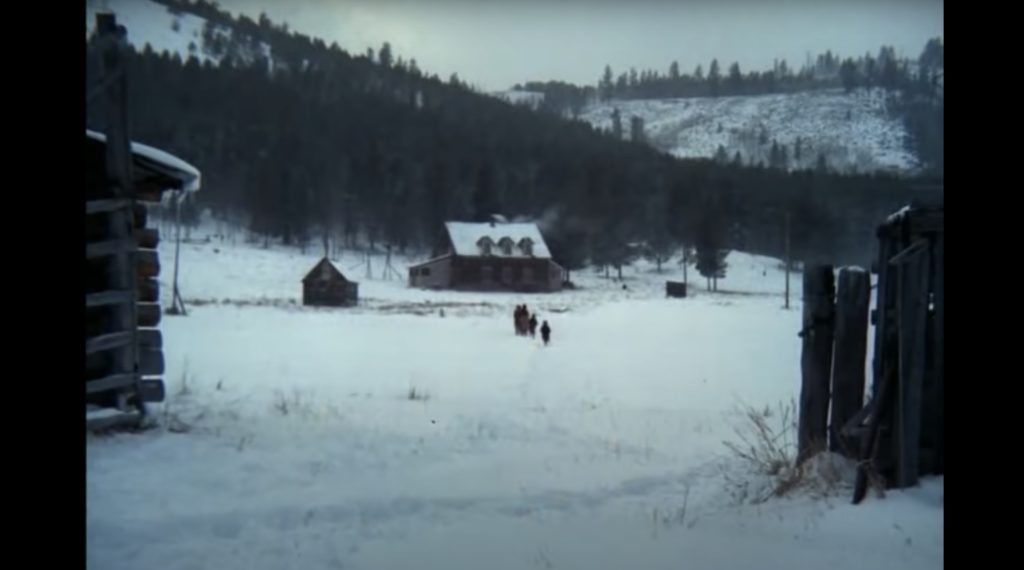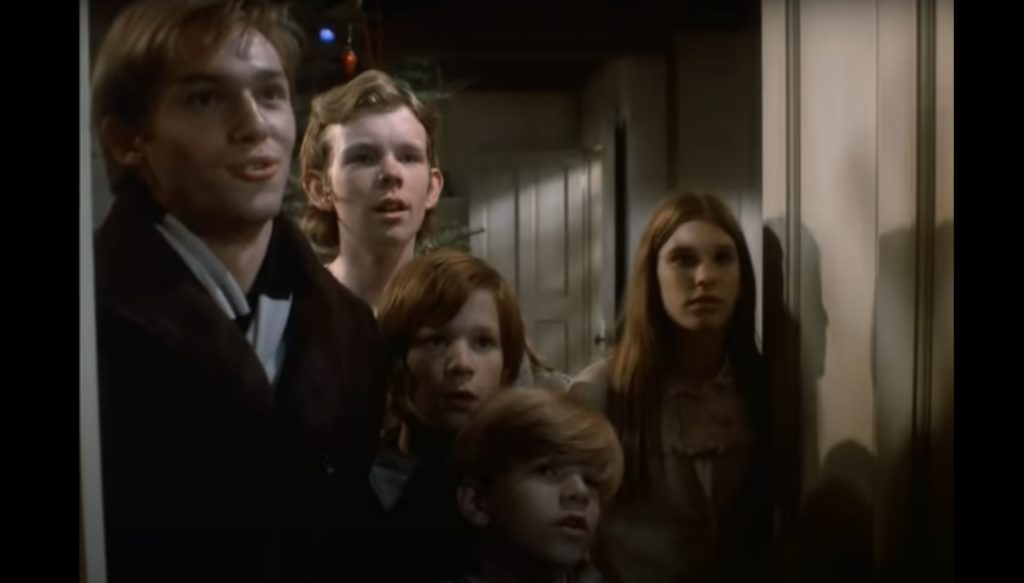Many people like their Christmas movies excessively cheery. They want saccharine feel-good stories wrapped in garland, lights, and plenty of Christmas cheer.
Now, I’m no Scrooge. But those movies always felt a little hollow to me. Because as joyful as Christmas is, there’s also an underlying ache to the season that these movies simply don’t convey. Holiday gatherings and festive cheer can make broken relationships, unmet expectations, grief, or even loneliness that much more painful.
As a result, I’m particularly grateful for Advent. Advent is not a synonym for Christmas, per se. Advent points us back to the yearning that led to the Messiah’s first coming — as we experience our own longing for his second coming. With Advent, we don’t run from ache; we embrace it. We acknowledge the world’s brokenness, and we yearn for One to come who will make things right.
So you see my dilemma. Most Christmas movies are too busy trying to package holly jolly feels to faithfully depict the longings of the Advent season.
Yet one movie captures the spirit of Advent remarkably well, though you’ve probably never heard of it. It’s called The Homecoming, a 1971 made-for-TV Christmas special adapted from the Earl Hamner novel of the same name.
Most people know this movie as the genesis of The Waltons television show, but the movie is so much more. It’s one of the best depictions of the longing of Advent.






No comments have been added.